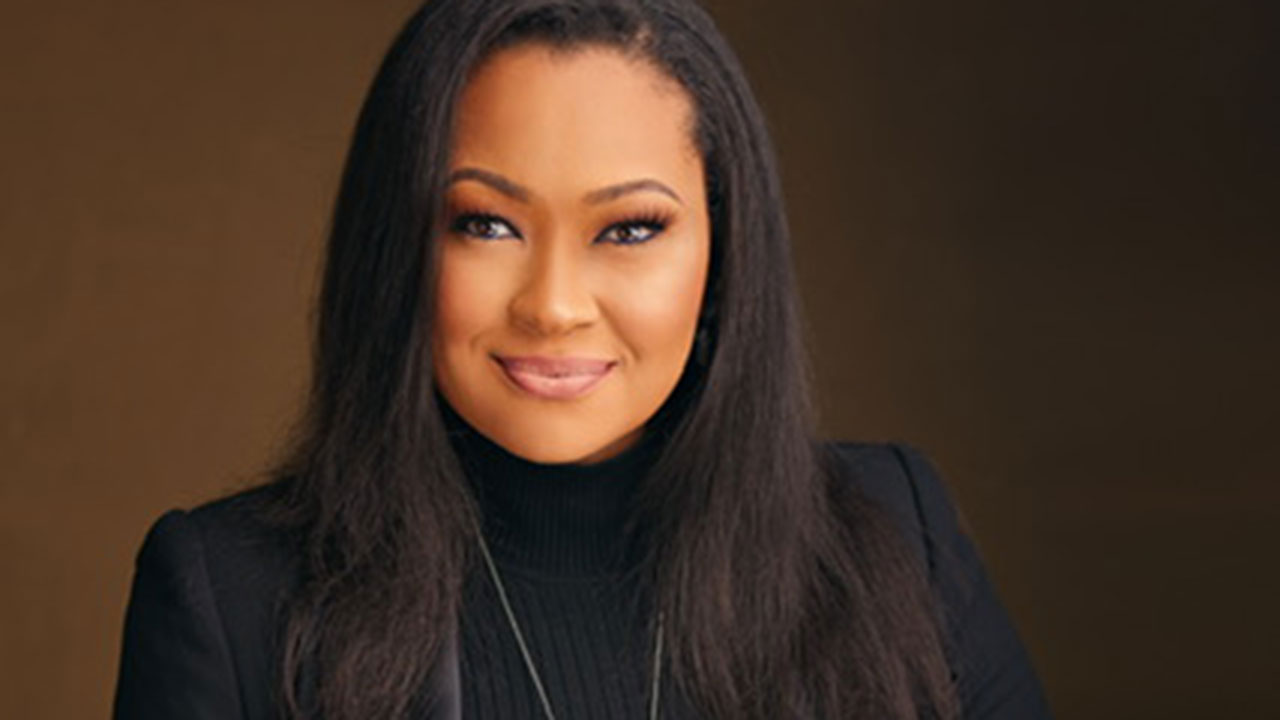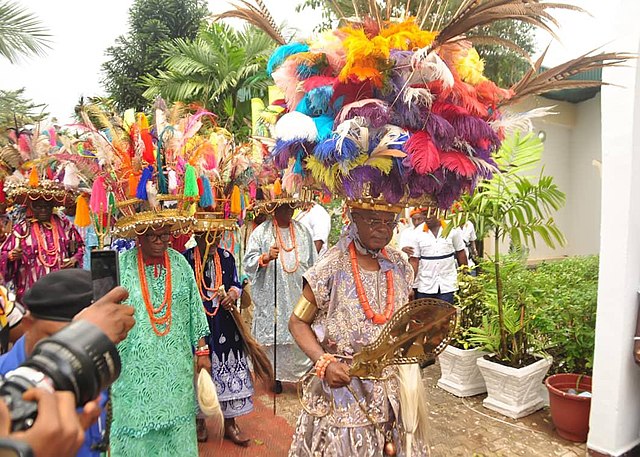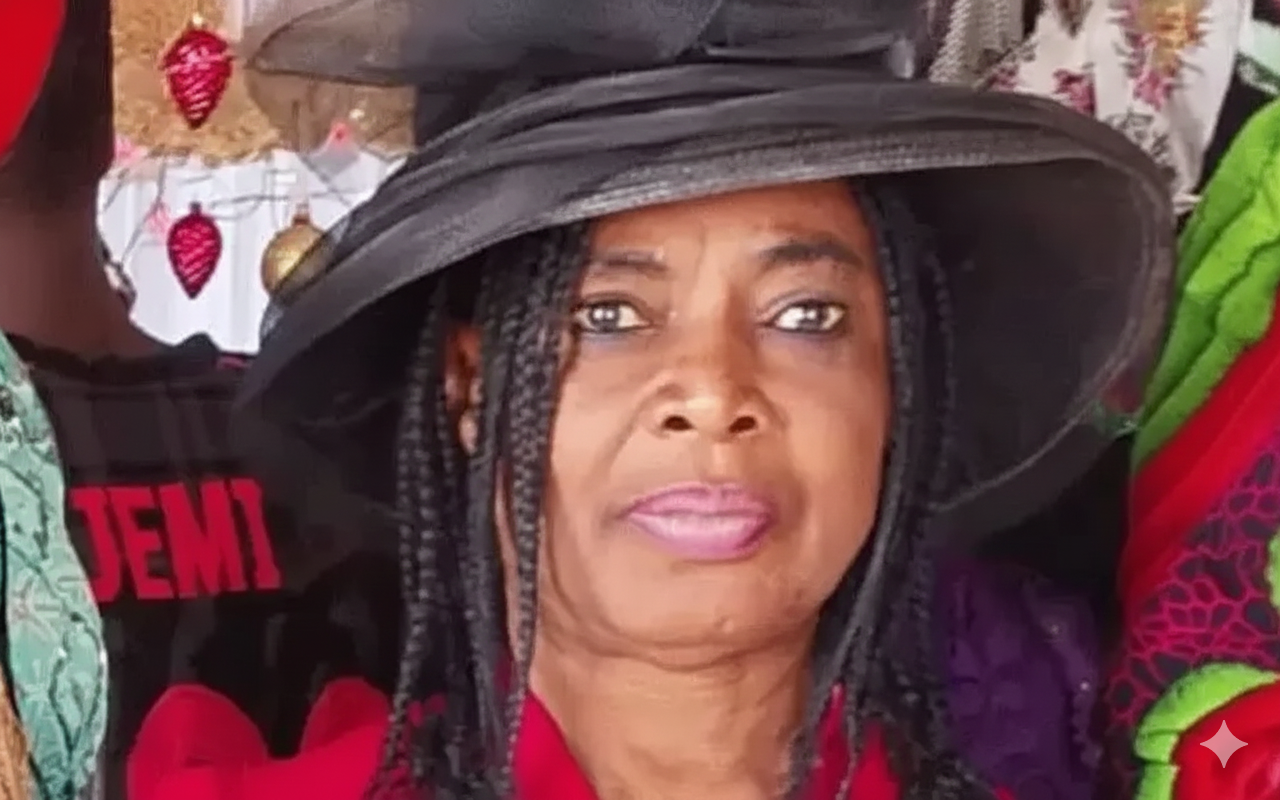
The Minister of Women Affairs, Hajia Imaan Sulaiman-Ibrahim, has made an emotional appeal for fairness and understanding in the case of Senator Natasha Akpoti-Uduaghan, urging leaders to adopt a balanced approach in handling gender-related challenges in governance.
This happened barely a few hours after the Nigerian Senate slammed a six-month suspension on Senator Natasha Akpoti-Uduaghan on Thursday.
Speaking at the International Women’s Day event held at the National Assembly, the minister stressed the need for unity and constructive dialogue between men and women in leadership, calling for justice in matters affecting female politicians.
Without directly referencing the recent Senate controversy, she acknowledged the tensions surrounding female representation and called for measured responses.
“We must continue to engage, to listen, and to ensure that fairness and justice guide our actions. Women and men need each other—we cannot progress in isolation.
The minister highlighted the difficulties women in leadership face, stressing that female representation in governance must not be discouraged by political or personal disputes. “Women make up over 50% of our population, and we have proven our capabilities in every sector—from security to governance to business. The challenges we face should not push us backward but rather inspire us to push forward with resilience,” she said.
Sulaiman-Ibrahim also commended President Bola Tinubu’s administration for prioritizing women’s issues, particularly through the National Assembly’s recent approval of a 1,000% budget increase for the Ministry of Women Affairs. However, she stressed that beyond financial support, policies that protect and empower women in politics must be strengthened.
“Our frameworks and policies need urgent reforms. Some of them are over 20 years old. We must ensure that laws and institutions do not become tools for silencing or sidelining women,” she added.
Also speaking at the event, Eneh Obi, Country Representative of ActionAid, called for immediate measures to increase female representation in Nigeria’s Senate. She emphasized that the current political climate leaves women marginalized, with only four out of 109 senators being women.
Obi, alongside other women leaders, recently engaged with the Senate President and key officials, pressing for reforms that would protect and empower female legislators.
“We cannot afford to lose the few women we have in the Senate,” Obi stated. “We need a system that supports them, not one that threatens their participation.”
She revealed that women leaders had initially planned to stage a protest over recent developments in the Senate but opted for high-level dialogue with the Senate leadership instead. During the meeting, they demanded accountability and safeguards for women in governance.
Beyond the Senate, Obi also highlighted the broader struggles Nigerian women face, including widespread poverty, gender-based violence, and continued insecurity, such as the unresolved cases of Leah Sharibu and the Chibok girls.
“This is one of the hardest times to be a Nigerian woman,” Obi lamented. “Millions are struggling to afford basic needs, and violence against women persists. We must not be distracted—we need solutions now.”
As Nigeria marks International Women’s Day, the call for gender equity in governance is growing louder, with women’s rights advocates urging lawmakers to prioritize female inclusion in leadership roles.
The question remains: Will Nigeria’s political leadership heed these calls for justice and fairness, or will women continue to be sidelined in the corridors of power?






